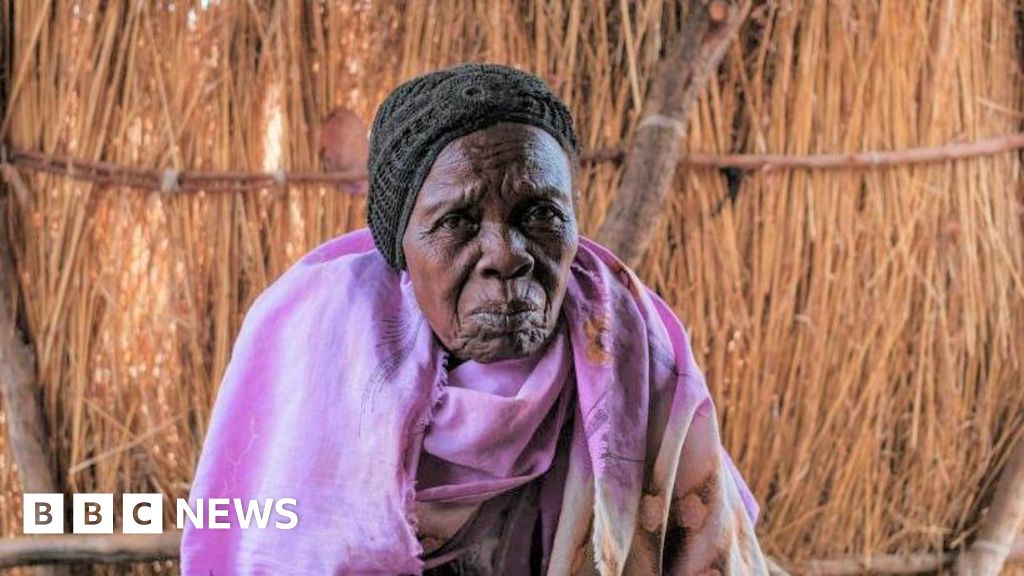The Centre for the Promotion of Private Enterprise (CPPE) on Tuesday expressed concern over the latest rise in Nigeria’s inflation rate.
Nigeria’s annual inflation rate rose in September after recording a two-month consecutive fall. The headline inflation rate was 32.70 per cent relative to the August headline inflation rate of 32.15 per cent, the National Bureau of Statistics (NBS) announced Tuesday.
In a statement signed by Muda Yusuf, director of CPPE, the think tank said the resurgence of high inflationary pressures is troubling, despite monetary policy measures to tame inflation.
“It is troubling that we are witnessing a resurgence of high inflationary pressures after some few months of respite despite policy measures to tame inflation, especially on the monetary side.
“Purchasing power had continued to plunge over the past few months. The situation had been further exacerbated by the surging petrol price,” Mr Yusuf said.
He explained that after a few months of deceleration, the inflation numbers returned to a spiralling path.
“Headline inflation rose to 32.70 per cent in September 2024 as against 32.15 per cent in August 2024, an increase of 0.55 per cent. There was also a marginal increase of 0.30 per cent in month-on-month inflation between August and September.
Nigerians need credible journalism. Help us report it.
Support journalism driven by facts, created by Nigerians for Nigerians. Our thorough, researched reporting relies on the support of readers like you.
Help us maintain free and accessible news for all with a small donation.
Every contribution guarantees that we can keep delivering important stories —no paywalls, just quality journalism.
“Food inflation maintained its uptrend, rising to 37.77 per cent from 37.52 per cent after decelerating a few months ago. The reality is that the dynamics driving inflation are yet to be effectively subdued,” he said.
He noted that these factors include the depreciating exchange rate, surging fuel prices, rising transportation costs, logistics and supply chain challenges, high energy costs, climate change, including resultant incidents of flooding, insecurity in farming communities and structural bottlenecks to production.
“These are largely supply-side issues. There is also the factor of seasonality of agricultural outputs which activates seasonal price surge in some food crops.”
He added that elevated inflationary pressures escalate production costs, weaken profitability, and dampen investors’ confidence.
“Not many investors can transfer cost increases to their consumers. The implication is that manufacturers and other investors are taking a big hit resulting from erosion of profit margins as a result of consumer resistance and weak purchasing power,” he said.
Mr Yusuf emphasised that tackling inflation requires urgent government intervention to address the challenges inhibiting production, productivity and security in the economy.
“The real sector of the economy needs to be incentivised to reduce production costs. The government needs to offer concessionary import duty on intermediate products for industrialists. The effects of high energy costs and exchange rates on inflation are quite significant.
“It will be very difficult to tame inflation if we do not substantially fix power, logistics and forex and security issues,” he added.
Regrettably, he said there are no quick fixes in these areas.
“But it is important to prioritise these issues and drive accelerated progress with the right strategies.”
Hopefully, he said, the proposed economic stabilisation measures embodied in a bill currently before the national assembly would substantially address these concerns from the fiscal side.
READ ALSO: CPPE speaks on latest hike in petrol price
Meanwhile, Mr Yusuf said the sub-nationals have critical roles to play in mitigating the challenge of food insecurity and food inflation.
“They are closer to the stakeholders in the agricultural and food value chain and better placed to impact agricultural productivity. The provision of rural roads by the states is also very critical to reduce transportation costs and ease access to markets,” he said.
Support PREMIUM TIMES' journalism of integrity and credibility
At Premium Times, we firmly believe in the importance of high-quality journalism. Recognizing that not everyone can afford costly news subscriptions, we are dedicated to delivering meticulously researched, fact-checked news that remains freely accessible to all.
Whether you turn to Premium Times for daily updates, in-depth investigations into pressing national issues, or entertaining trending stories, we value your readership.
It’s essential to acknowledge that news production incurs expenses, and we take pride in never placing our stories behind a prohibitive paywall.
Would you consider supporting us with a modest contribution on a monthly basis to help maintain our commitment to free, accessible news?
TEXT AD: Call Willie - +2348098788999

















 English (US) ·
English (US) ·